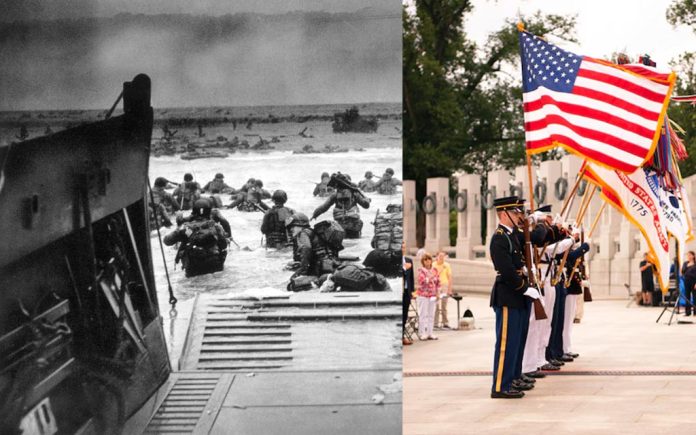
ERROL PARKER | Editor-at-large | Contact
Western nations have paused today to mark the 81st anniversary of the D-Day landings, also known in popular media as “America’s Gallipoli.”
Often referred to in school textbooks and streaming docuseries as the most significant beach landing in human history, the Allied invasion of Nazi-occupied France on June 6, 1944, has over time become firmly embedded in the American cultural psyche, eclipsing other failed or successful amphibious assaults that may or may not have involved the rest of the world.
In countries like Australia and New Zealand, where Gallipoli remains a foundational myth and educational fable, today’s commemorations served as a quiet reminder that not all beach landings end in complete disaster.
“It’s good for the kids to learn about other nations’ Gallipolis,” said Green Road State School history teacher Lisa Vaughan.
“Ours just Winston Churchill pulling himself silly, sending the colonials in to die by the thousand. He hated us, too, by the way. America’s came with air support and a functioning chain of command.”
U.S. President Don Trump delivered remarks at the White House early this morning, describing the landings as “a bad day to be German.”
No mention was made of the simultaneous landings by British, Canadian, Polish, Australian, or Free French troops.
“That’s okay,” said 101-year-old veteran, Alan Tully, who watched the ceremony from his home in Betoota Heights.
“We’re used to being extras in the American version of history. The Brits arrived in Normandy like they’d just been out for a swim. They even had towels on the beach waiting!”
More to come.










